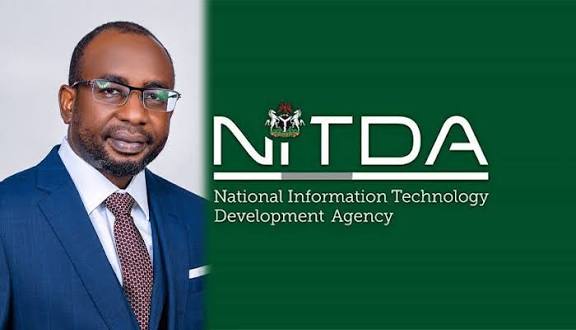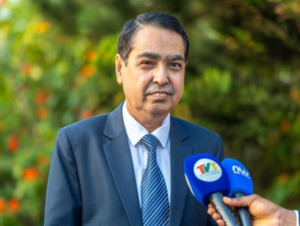In an era where digital transformation propels governance, transparency, and innovation, Nigeria’s National Information Technology Development Agency (NITDA) and ICPC have taken a remarkable and commendable step forward. By partnering with the Independent Corrupt Practices and Other Related Offences Commission (ICPC) to form a Joint Task Force, NITDA clearly demonstrates its unwavering commitment to safeguarding the nation’s rapidly expanding digital ecosystem from corruption.
This partnership marks a significant turning point in Nigeria’s ongoing battle against corruption. As digital technologies become increasingly integral to everyday life, the potential for fraudulent activities concurrently rises. Therefore, NITDA’s proactive stance aims to ensure that the benefits of digital transformation do not get overshadowed by unethical practices. By tackling corruption directly, the agency reinforces the integrity of Nigeria’s technological advancements and promotes a healthier environment for growth.
Establishing this Joint Task Force is both strategic and timely. It effectively combines NITDA’s expertise in information technology with ICPC’s mandate to combat corruption. This collaboration creates a powerful synergy, allowing both organizations to leverage their strengths in addressing challenges within the digital space. Thus, they can develop policies and frameworks that promote transparency, accountability, and ethical practices.
One primary objective of this Joint Task Force focuses on enhancing the security of digital transactions. As more Nigerians engage in online activities—ranging from banking to e-governance—the necessity for robust security measures becomes increasingly paramount. By collaborating closely, NITDA and ICPC can identify vulnerabilities and implement safeguards that protect users from fraud and exploitation. Consequently, this endeavor not only secures individual transactions but also builds trust in the digital ecosystem.
Moreover, this initiative sends a clear and strong signal to all stakeholders involved in the digital landscape. It underscores the importance of ethical conduct in technology and innovation. Hence, businesses, government agencies, and individuals are encouraged to uphold the highest standards of integrity in their digital interactions. This collective commitment fosters a culture of trust and responsibility, which proves essential for sustainable growth in Nigeria’s tech sector.
The implications of this partnership extend beyond mere regulatory measures. By fostering a transparent digital environment, NITDA and ICPC can stimulate investment and spur innovation. When businesses and entrepreneurs feel secure in their digital transactions, they are far more likely to invest in new technologies and ventures. As a result, this can lead to job creation and economic growth, benefiting the entire nation.
Additionally, public awareness plays a crucial role in the success of this initiative. Therefore, NITDA and ICPC must engage with citizens to educate them about their rights and responsibilities in the digital realm. By raising awareness of potential risks and the importance of reporting suspicious activities, they empower individuals to take an active role in safeguarding their digital spaces. An informed public can act as a vital first line of defense against corruption.
Furthermore, this partnership encourages collaboration between various sectors. Government agencies, private companies, and civil society organizations can work together to create a more robust framework for digital governance. By pooling resources and expertise, stakeholders can address challenges more effectively. This collaborative spirit can lead to innovative solutions that enhance the digital landscape.
In conclusion, NITDA’s partnership with ICPC to form a Joint Task Force represents a significant leap forward in Nigeria’s efforts to combat corruption in the digital age. This collaboration highlights the importance of transparency and ethical conduct in governance and technology. By prioritizing integrity, Nigeria can build a resilient digital ecosystem that fosters innovation and trust. As the nation continues to embrace digital transformation, initiatives like this one will prove crucial in ensuring that progress remains untainted by corruption. The future is bright, and with strong partnerships, Nigeria can lead the way in creating a secure and prosperous digital landscape for all.





